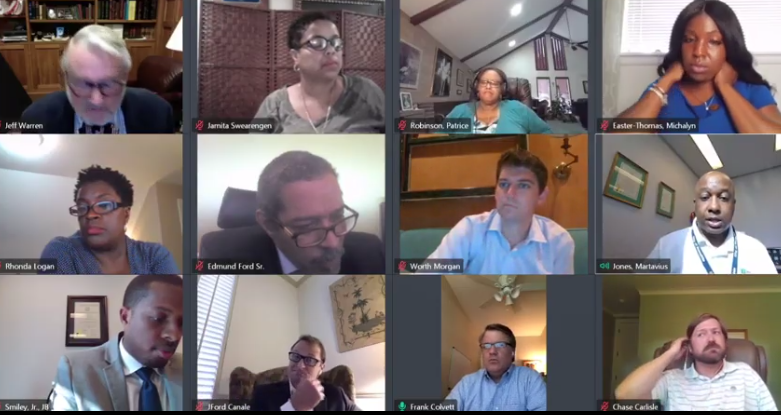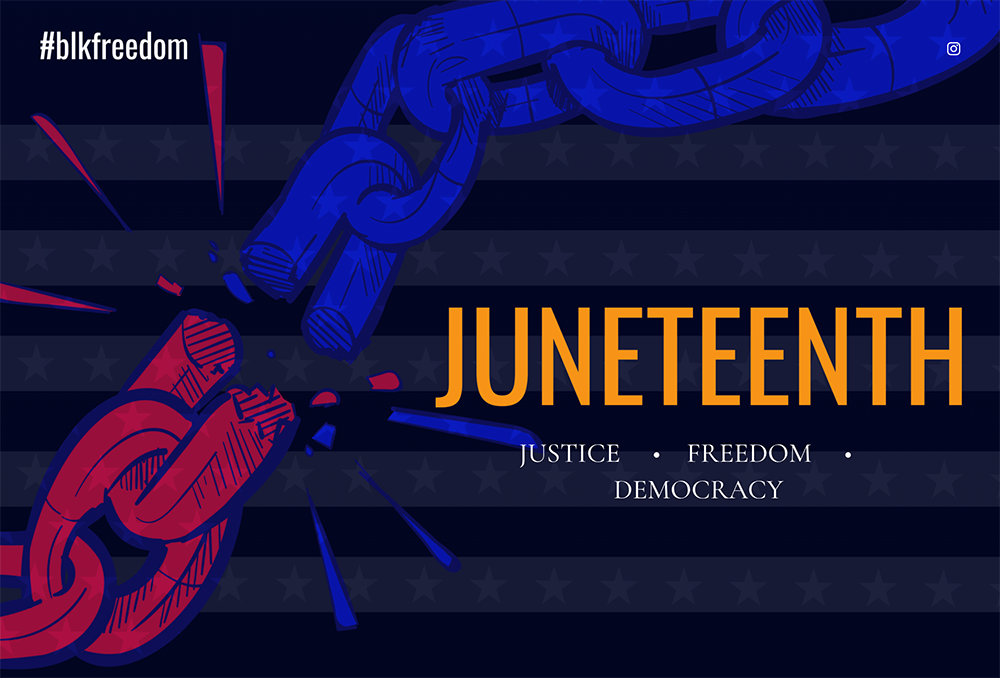From wearing masks to being more aware of personal space, there is no aspect of society that hasn’t been or won’t be affected by the current crisis, says Julia Hanebrink, assistant professor in the department of anthropology and sociology at Rhodes College.
It is difficult to predict how the country’s culture will change while the crisis is still unfolding, Hanebrink says, but there will likely be shifts in habits, norms, and ideology. “If one part of a cultural system changes, all of the other parts are going to change too.”

Julia Hanebrink
Social Species
Hanebrink says humans are a social species, and a key piece of that is touch, something many people have largely avoided over the past several weeks. “We can’t train ourselves out of that. That’s how we survive. Part of our sociality includes touch in some way. And we all are feeling the visceral absence of touch. In the long run, as a species we’ll relax a little bit.”
But before people can relax, Hanebrink says there needs to be a better understanding of what’s going on. Without clear direction from health officials and a complete grasp on the situation, “we make our own rules. People are scared to do anything because there’s so much different information going around.”
In both personal and professional settings, Hanebrink says people will likely be hyper-conscious about whom they are touching in the immediate future, but in the long term, Hanebrink believes this will fade.
“I think hugs will make a comeback,” she says. “People might think about it for a second, and it might become a decision as opposed to a reaction.”
“I think hugs will make a comeback. People might think about it for a second, and it might become a decision as opposed to a reaction.”
One type of touch that Hanebrink says should be reconsidered is handshakes, which she calls a “maladaptive behavior,” when considering how many diseases the gesture can spread.
While handshakes in personal settings are easily replaceable with smiles, nods, or fist bumps, “particularly when motivated by a newfound hyper-awareness of bodily vulnerability,” Hanebrink says the norm of handshaking in business settings will be slow to change if it does at all.
“The handshake in the business world is a power move. It’ll be tricky to move away from this custom. Handshakes are essential social rituals that communicate a significant amount of information between parties, including status and power. Unless companies and industries encourage another alternative to handshakes, I’d be surprised if we moved away from this.”
“The handshake in the business world is a power move. It’ll be tricky to move away from this custom.”
Robert Seals, an instructor of psychology at the University of Memphis (U of M), says another aspect of human contact that people are thinking more about is touching while dating. There have always been norms around when it is appropriate to kiss, have physical contact, and be intimate when dating, but the pandemic will cause people to rethink that, he says.
“Do you get a kiss on the first date? Probably not. That first kiss is likely going to move further back.”
Darron Smith, a sociology professor at the U of M, believes the way people date will drastically change as a result of the pandemic. He said there will likely be an increase in use of online platforms with more “people turning to the internet to find love.”  Linked-In
Linked-In
Darron Smith
Dating during a pandemic will also cause people to consider COVID-19 positivity as another attribute in potential partners. “It’ll become normal to ask partners if they are COVID-free, have been tested, and who they’ve been around,” Smith says. “These will be the intimate questions partners are forced to ask now.”
Like Hanebrink, Smith believes humans will return to their natural inclination to touch one another once the pandemic has passed.
“It’s in the nature of our species as humans to long for love and acceptance. One of the ways we do that is through contact.” Smith continues: “So I believe the contactless society that we are living in is only temporary. Eventually, we will get back to normal because our DNA demands it as humans.”

Robert J. Seals
Protesting in a Pandemic
For weeks, the world has been advised to stay at home, social distance, and avoid large crowds, but in the wake of the death of George Floyd and other African Americans at the hands of police officers, thousands of people across the world joined the Black Lives Matter movement and took to the streets to protest police brutality and other forms of racism.
There were concerns that the protests would lead to more cases of the virus, but a recent report by the National Bureau of Economic Research showed that that might not be the case. The study, which analyzed data from protests in more than 300 big cities, found no evidence that coronavirus cases grew in the weeks following the beginning of the protests.
Hanebrink says the risk of contracting coronavirus is no more serious than the risks “Black and brown people have faced for centuries.”
She says those who aren’t on board with the protests amid the pandemic don’t understand the risk people of color face “regardless of if there is a pandemic or not.”
“Your body is vulnerable as Black person, whether you stay home or whether you take to the streets.”
“The harm done by racism is exponentially worse than the harm done by a pandemic,” Hanebrink says. “Pandemics end, and hopefully racism will too. But it’s been going for 400 years, so it makes sense to prioritize that issue over bodily harm from a virus.”
Hanebrink says both COVID-19 and systemic racism are “pandemics that put the lives and livelihoods of Black, indigenous, and other people of color disproportionately at risk. So dismantling racism is an essential activity and anti-racist activists are frontline workers.”
She also adds that protesting, by nature, has always been a risky endeavor. “When you think about the history of social movement, there’s never really a time it will be risk-free,” Hanebrink says. “They’re going to face something, be it police dogs or fire hoses or a potential fatal illness. It’s kind of a part and parcel for a protest. It’s meant to disrupt the system. At the hands of abuse or at the hands of a virus, either way Black bodies are at risk. You’re damned if you do and damned if you don’t. Your body is vulnerable as a Black person, whether you stay home or whether you take to the streets.”

The Split
A report published last month by the University of Washington’s Institute for Health Metrics and Evaluation found that only 10 to 20 percent of Tennesseans said they wore a mask when going out.
Tennessee, along with Indiana and Arizona, had the lowest reported mask use. Researchers also analyzed mask use worldwide, finding that Americans use masks significantly less than other countries.
Wearing masks is a visual representation of a split in ideologies, which Smith says generally falls along political lines in the United States.
There is a “split in reality” between those who identify as Democrats and those who identify as Republicans, he says. That split largely influences people’s response to the pandemic and the precautions they choose to take.
A recent poll by the Pew Research Center confirms this. Based on the results, 76 percent of Democrat-leaning respondents said they wore masks in public all or most of the time during the past month, versus 53 percent of Republican-leaning participants.
“Those who identify as Republicans overwhelmingly downplay the serious nature of the pandemic,” Smith says. He says Republicans are often distrustful of government, science, experts, and information: “These are the people that holler ‘fake news.’ They don’t believe this is real. They believe this is a hoax.”
On the other hand, Smith says those who identify as Democrats are often more educated, politically savvy, and tend to believe in science.
“We have one group that’s ignorant of science and sort of living in the Stone Age and another group that relies on science and believes in it. The people that are not taking this virus seriously are the people who don’t believe in science. It’s kind of like the modern version of the flat earth society.”
“We have one group that’s ignorant of science and sort of living in the Stone Age and another group that relies on science and believes in it.”
Smith said it largely comes down to what people believe in — science or God. “Some people are mentally still living in a time when the Holy Bible was the epistemology that everyone relied on for truth and knowledge. We no one longer need to rely on biblical lore, but science.”
Another reason why Americans tend to not exist of one accord during this crisis is the U.S. society’s individual nature, Hanebrink says. America has an individualistic society “to a fault, and ironically our liberties might be the death of us.” Americans are indoctrinated from birth to be individuals and self-sustaining, she says.
“When you look at China, Vietnam, or Korea, where they are a collective society, you just wear a mask. It’s what you do. They have this mentality that we’re all in this together. But our country was not built on that approach.”
Hanebrink says in Italy masks were atypical before the coronavirus outbreak, but now it’s “socially mandated” without any legislation requiring it because of social pressure.
Hanebrink says the U.S. lacks that social pressure. “We don’t necessarily need masks to be legally mandated; it could just be done by social pressure. If enough people are doing something, you’re either going to leave that space or conform. We need more social pressure and a more collective mentality.”
But because America is an “every man for themselves, pull yourself up by the bootstrap society,” it’s hard for people to think with a collective mentality.
But because America is an “every man for themselves, pull yourself up by the bootstrap society,” it’s hard for people to think with a collective mentality.
“Even convincing people to do things for other people is a disheartening challenge. Altruism is a side gig instead of it being an everyday thing. There are really great things about being an individualistic society, but there are also harmful effects. We need to find a balance beyond blind individualism. You just don’t get through a pandemic on your own.”
Humans also need proper motivation for change, Hanebrink says. Despite the high number of coronavirus cases and rising death toll, she says many still have not been personally affected by the pandemic firsthand, and therefore aren’t likely to make significant changes to their behaviors.
“For some reason, our cultural imaginations and empathy are limited. I think in some ways people have to see it to believe it. It’s not enough to see all these people dying in New York.”
It’s the same with the Black Lives Matter movement, she says.
“So many people have been denying that racism is a big deal and is still a problem,” Hanebrink says, “but now we’re seeing a white reckoning where people are seeing that it’s an issue with their own eyes. Because they see it and the voices have been so loud, people are starting to come around.”
“If people can somehow understand the gravity of the pandemic, there will be an awakening around that as well. It all depends on people’s experiences with the pandemic.”
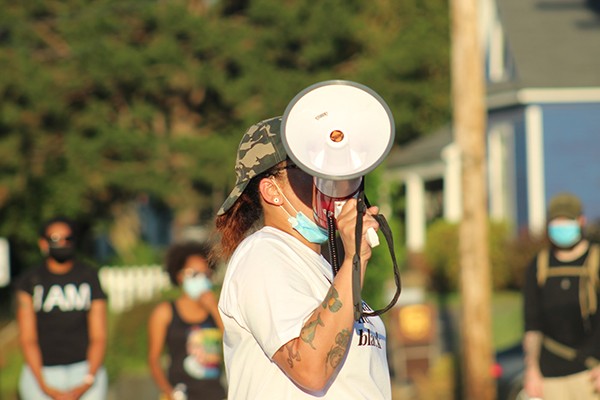
Though the country is individualistic by nature, Hanebrink says the coronavirus and recent protests have “made people more acutely aware of how our actions impact each other.”
One positive shift that has come in response to the pandemic, Hanebrink says, is the proliferation of mutual aid networks, where people realize “no one is going to help us, or the help we’re getting is inadequate.”
“If the elected officials and institutions responsible for building those nets refuse or fail to do so, it is the responsibility of citizens to collectively stand in solidarity and demand change. Instead of waiting for that help to be delivered, people are taking it upon themselves to help each other. We’re seeing tons of that, from people delivering groceries to making masks. It would be great if the government did their job and created social safety nets, but until that happens [we’re] realizing we can’t wait anymore. This is a step in the right direction toward collectivism.”
Hanebrink says the cultural change the country needs is to “emerge from this more viscerally aware of our global connectedness as a species and become more compassionate and equitable than our pre-COVID-19 selves.”
Crowds
Food has always been a means of bringing people together, but Seals says something as simple as a dinner party might be reconsidered in the future.
“Pop-up dinners at people’s houses, bringing food to a picnic, gathering around a meal probably won’t be happening even as we go forward because people are going to be more conscious about those things than they were in the past.”
In many ways, public events will have to be reconfigured, Seals says. “Crowds can be fun. Parties, sporting events, concerts, the theater with everyone jammed in together, probably won’t happen again. If this is still going, they’re going to have to rethink how these events will work.”
Hanebrink says “one of the beautiful things” that could come as a result of the pandemic is that spaces and events are now much more accessible to people.
“Public events have been very ableist in the past, but now people are able to participate online in ways they haven’t before. Previously, people didn’t consider or think it necessary to make events available remotely. A lot of things people thought couldn’t be done online have been done virtually. For many of us, our smartphones, televisions, and computers have become and will remain our cubicles, classrooms, movie theaters, and doctors’ offices.”
Hanebrink says there will likely be a new wave of hybrid events. For example, a concert at the FedExForum in the future could offer in-person and live-stream tickets.
Beyond that, Hanebrink says how we worship and celebrate will change drastically. “How, where, and with whom we commemorate holidays, milestones, and events will be transformed, as will the way we mourn the lives of those we love.“
Lasting Effects
Pandemics and other crises often spark widespread fear in humans. Seals says fear, by nature, is healthy. “It keeps us balanced and tells us when we’re in a situation that we need to get out of.”
The nervous system responds to fear and then brings the body back into balance through a process called homeostasis, he says.
“But when you’re hyper-stimulated for an extended period of time and the fear goes on for long periods of time, that balance goes out the window. My philosophy is humans have to try and stay in balance,” Seals explains, “and this whole pandemic has seriously tested us and got us out of balance.”
“My philosophy is humans have to try and stay in balance, and this whole pandemic has seriously tested us and got us out of balance.”
When fear of a particular thing or situation becomes irrational and begins to interfere with everyday life, it’s known as a phobia. Seals says phobias are the most common form of anxiety disorder, and a pandemic could result in rampant germaphobia.
People have already started obsessing over washing their hands, Seals says, and that could last long after the pandemic ends. That’s not a bad thing, but when it becomes a compulsion, it could create a problem.
“What’s happened from the very beginning of this thing is that the CDC has emphasized the importance of hand-washing. If you already have a hand-washing compulsion, this is only exacerbating that.”
On the other side of the pandemic, Seals says there could be a prevalence of post-traumatic stress disease (PTSD), potentially taking another form not seen before.
“Normally when we think of PTSD, we think of a particular trauma that happened to an individual, usually in terms of war or violence. This is so broad-sweeping, and it’s not a single incident. But one could certainly be traumatized by this pandemic, especially if someone close to them has been affected by it.”
Seals predicts the longer the pandemic lasts, the more likely that people will experience lasting mental effects and that society will see permanent changes to social norms.
“If this all stopped tomorrow, which I know it won’t, I think we would tend to go back closer to our normal lives,” he says. “Some people won’t because they’re going to continue to be wary. The longer it goes on, the more likely it is we will see patterns of behavior stick. It’s hard to say how we will be changed from this pandemic since we are still in the middle of it.”
However, Seals says human beings are more adaptive “than we give ourselves credit for,” and he is “confident the balance will return.”
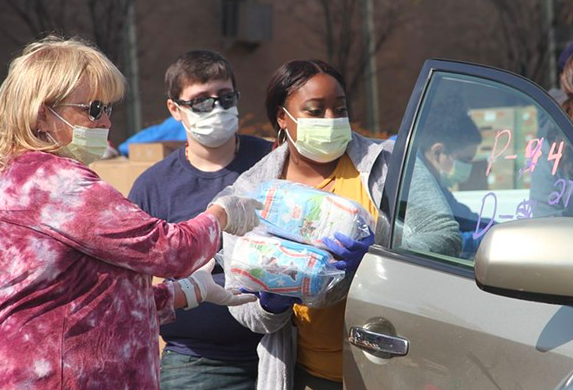
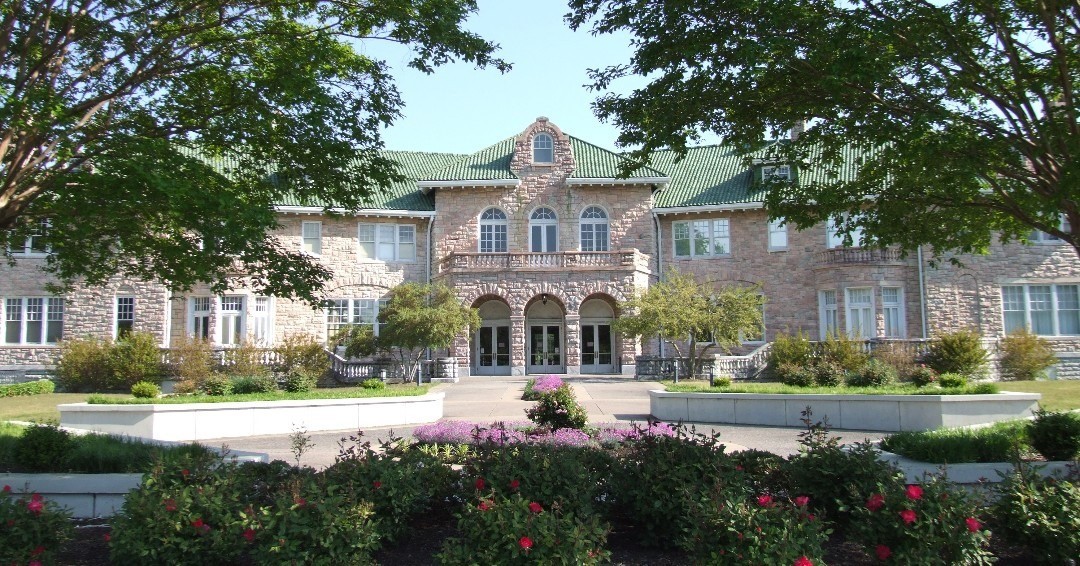 Pink Palace Museum
Pink Palace Museum 
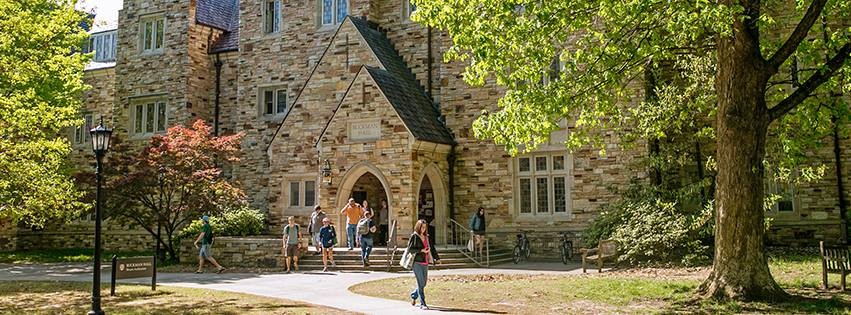 Facebook/Rhodes College
Facebook/Rhodes College 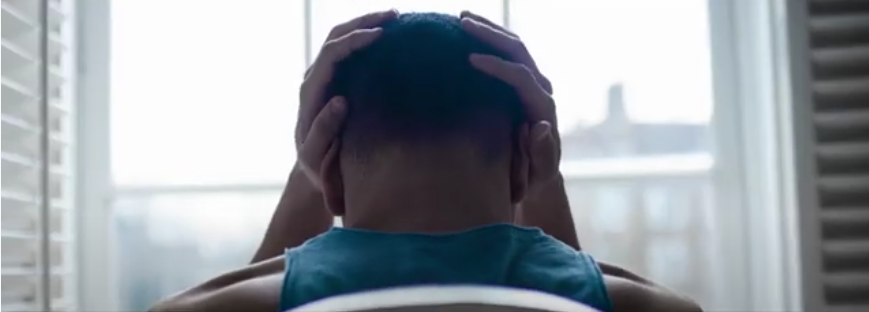

 Brandon Dill
Brandon Dill 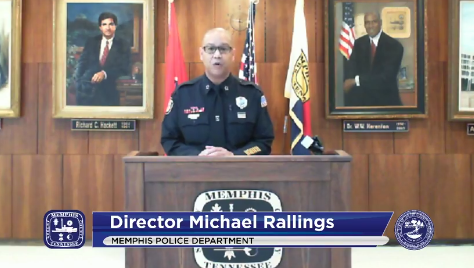
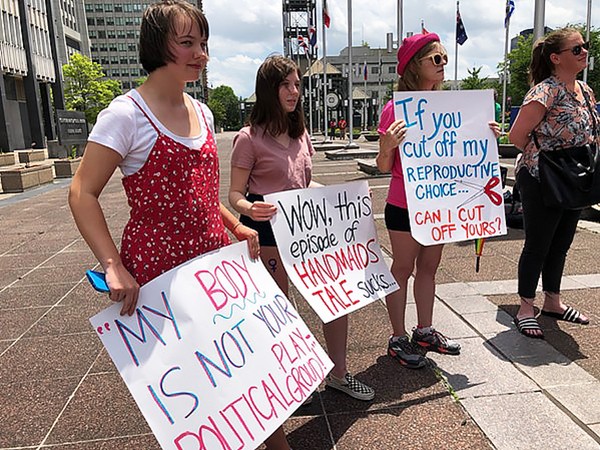 Maya Smith
Maya Smith 
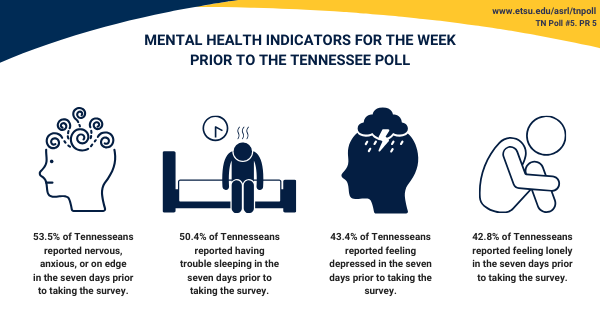
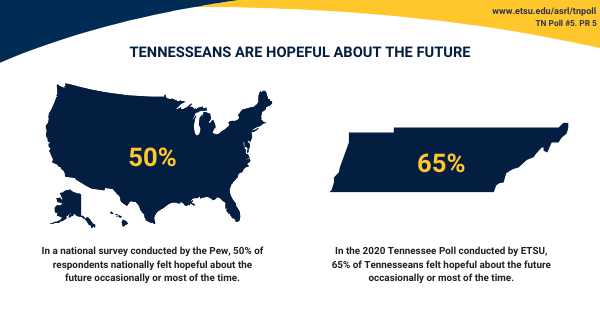


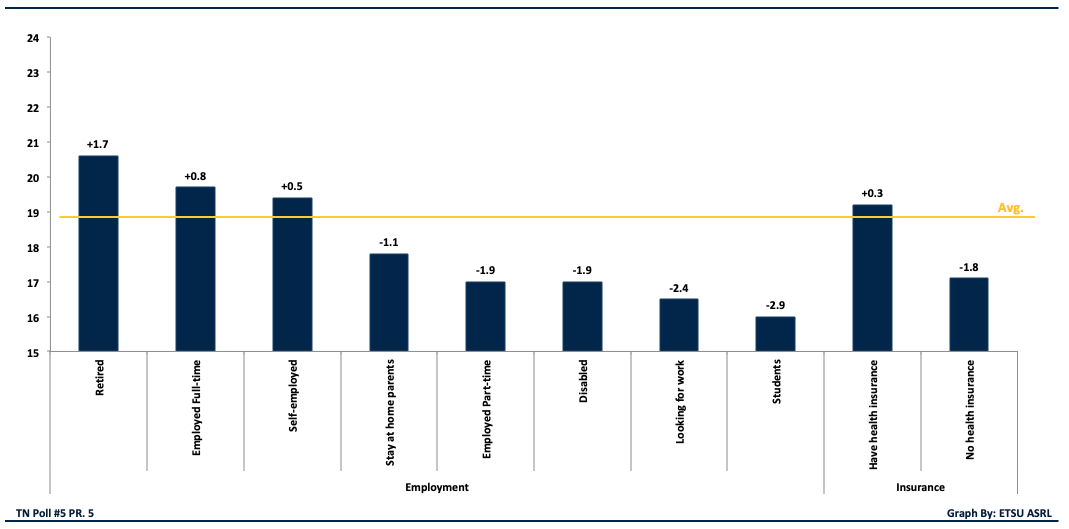
 Latino Memphis
Latino Memphis 